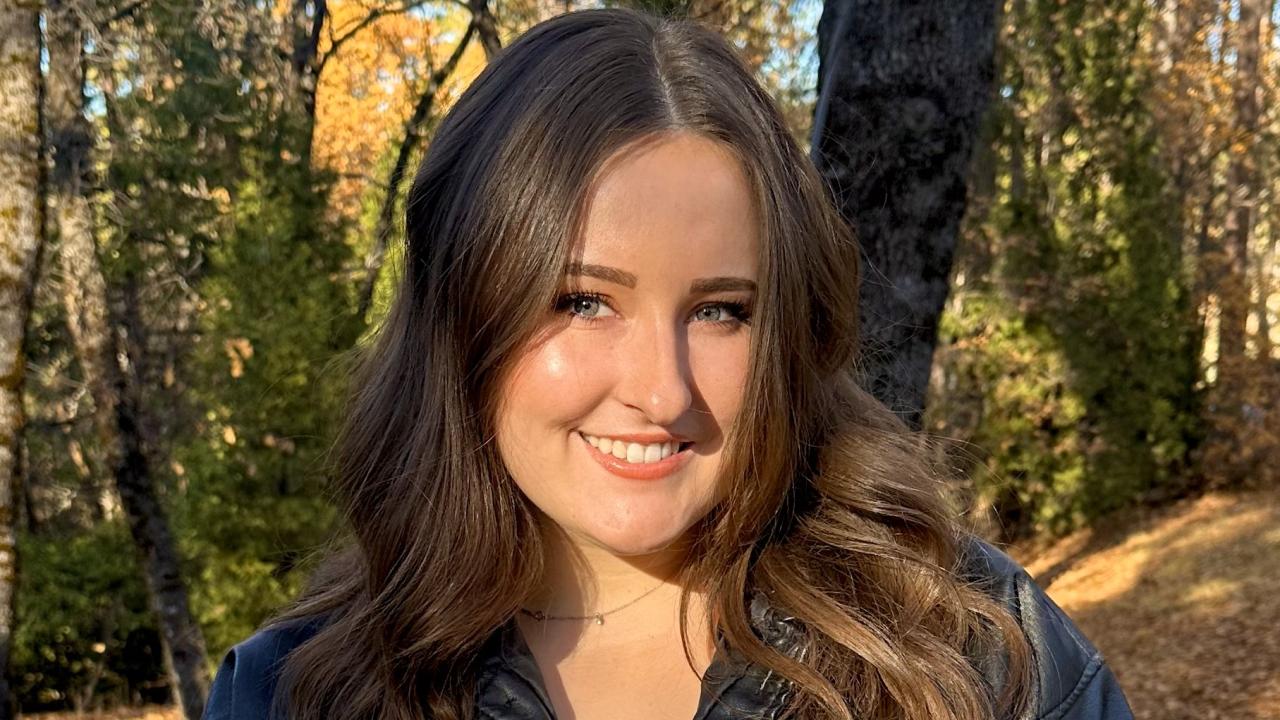
In the Wild: Madison Pelland with Westervelt Ecological Services
Quick Summary
- Madison is a second-year student who worked over the summer with Westervelt Ecological Services.
My name is Madison Pelland, and I am currently a student in the Graduate Program of Environmental Policy and Management at UC Davis and plan to graduate June 2025. After completing my undergraduate degree in Environmental Science, Technology, and Policy at CSU Monterey Bay, I felt like I gained a general overview of environmental issues and wanted to dive into a more specialized academic setting. I began to uncover my love for planning and conservation through internships and volunteer opportunities. I have taken my time in the graduate program to expand my knowledge of these aspects through research, analysis, reports, and communication which has led me to spearhead my work with passion.
While obtaining my master’s degree I have continued to work with Westervelt Ecological Services, establishing consistency between the Cache Slough Mitigation Bank (Bank) and the Delta Plan. This was a necessary step in the California Environmental Quality Act (CEQA) process for the Bank and verified the Bank’s role in enhancing ecosystem conditions in the Sacramento-San Joaquin Delta. The objective of the Bank is to re-establish historic habitat for wetland- dependent species in the Delta. This increases ecosystem functions within the Delta and provides spawning, rearing, and migratory habitat for endangered fish species. The subsequent actions and location led the Bank to need to be considered consistent with the Delta Plan by the CEQA lead agency and Delta Stewardship Council.
By examining the history, structure, mitigation measures, and policies of the Delta Plan, I wrote an overview document that described and summarized key takeaways and implications. This helped me construct a report that detailed how the construction and management of the Bank supports the Delta Plan and considers its policies and mitigation measures to receive a certification of consistency from the Delta Stewardship Council. Furthermore, this report aids in the agency approval of the Bank and is a necessary step in implementing the Bank’s goals and objectives. Without the development of this document the Bank would not be able to move forward, leaving species without habitat and ecosystems without sustainable resources as the Delta begins to lose its size and value.
Through the production of these two deliverables, I gained insights through my own research and policy analysis to help Westervelt Ecological Services continue executing the Bank and further inform the involved agencies and the public of the Bank’s project actions. I learned about project management, invasive species management, developing favorable habitat for endangered species, construction timing and schedules, creating and implementing mitigation measures, and regulatory processes, including permits, throughout this project. I hope to use these skills and continue to build upon them as I advance in my environmental work.
